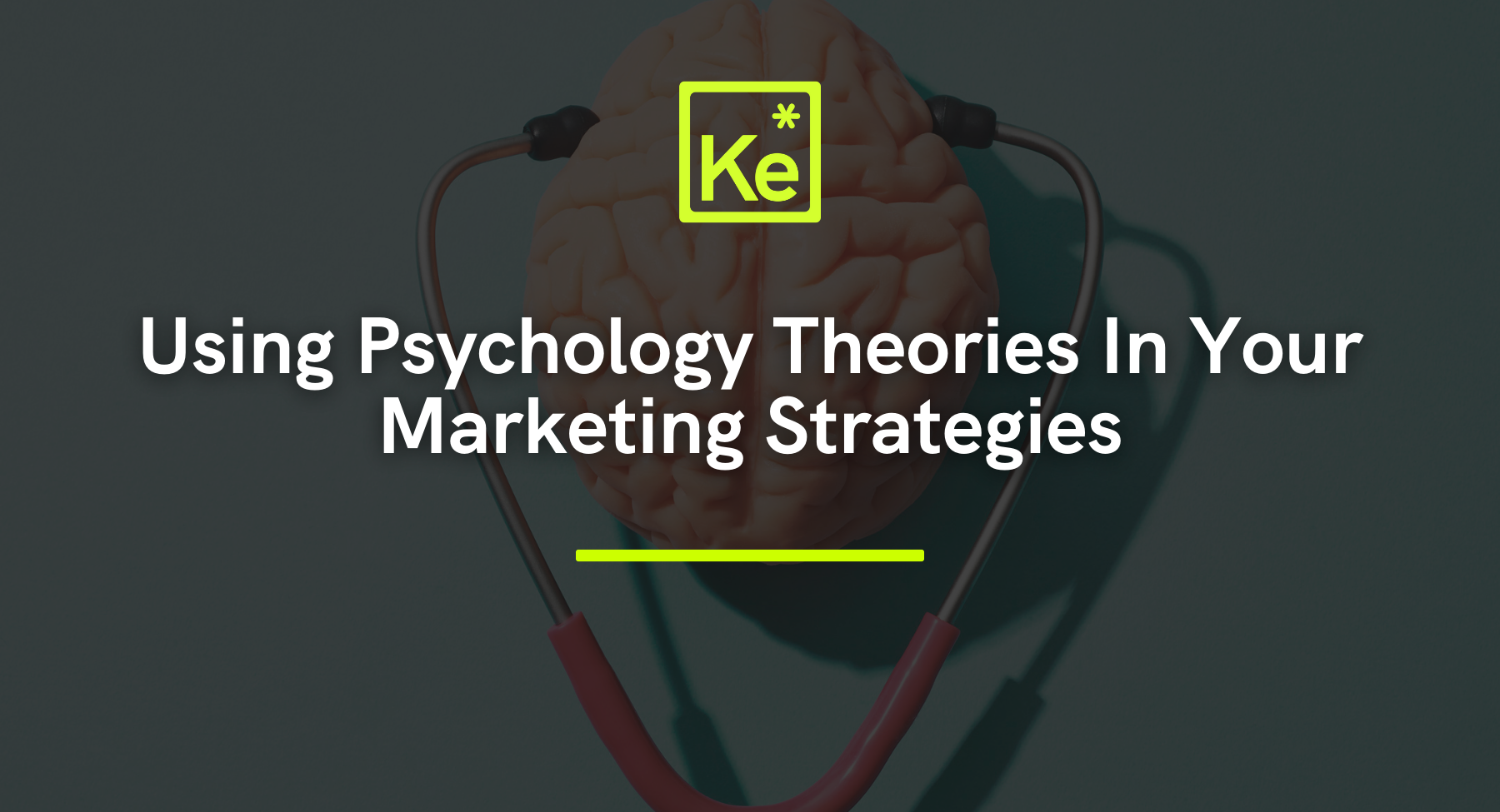Are you intrigued by the magic behind successful marketing strategies? Do you ever wonder what makes a product or service “go viral?” Oftentimes, it has more to do with psychology than the product or service itself! Let’s dive into the fascinating world of psychology and explore how you can utilize these theories to supercharge your marketing strategy:
Color Theory
This theory suggests that colors evoke specific emotions and associations in people, which can significantly impact how they perceive brands and their messaging. For instance:
- Red: Think passion, energy, and urgency. It’s no surprise that red is commonly used in food and beverage branding to stimulate appetite.
- Blue: Symbolizing trust, reliability, and professionalism, blue is a go-to choice for financial institutions and tech companies.
- Green: Associated with nature, growth, and health, green appeals to brands focused on environmental causes and wellness.
- Yellow: Radiating happiness, optimism, and youthfulness, yellow grabs attention and is often used for call-to-action buttons.
- Black: Signifying luxury, sophistication, and elegance, black adds an air of exclusivity to high-end brands.
Scarcity Theory
Scarcity theory suggests people place a higher value on objects and opportunities that are scarce or in limited supply. In the context of marketing, scarcity theory asserts that when the availability of a product or service is limited, its perceived value increases and people are more motivated to obtain it. Here are a few examples of how you can use scarcity theory in your marketing strategy:
- Limited Quantity Offers: Ever seen phrases like “only 10 left in stock”? They trigger the fear of missing out and encourage immediate action.
- Exclusive Products and Services: Limited edition items create a sense of exclusivity and enhance perceived value.
- Time-Sensitive Promotions: Flash sales and countdown timers leverage scarcity to prompt quick decisions.
- Personalized Recommendations: Highlighting popular or in-demand products prompts immediate action.
Social Proof Theory
This theory suggests that people tend to look to others’ behaviors and actions to guide their own decisions, especially in uncertain situations. In marketing, social proof is a powerful tool used to influence consumer behavior and build trust. You can implement this theory by using the following in your strategy:
- Customer Reviews and Testimonials: Positive reviews reassure potential customers and increase their confidence.
- User-generated Content: Authentic content created by customers fosters a sense of community and validation.
- Influencer Endorsements: Partnering with influencers provides social proof and credibility.
- Social Media Engagement: High levels of engagement signal a reputable and trusted brand.
Information Gap Theory
Information gap theory suggests that creating a sense of curiosity or intrigue about a product, service, or brand can capture and maintain consumers’ attention. Marketers leverage this theory to design campaigns that generate anticipation, engagement, and interest by presenting incomplete or partially revealed information. Here’s how:
- Teaser Campaigns: Pique curiosity and generate anticipation ahead of a product or service launch by telling consumers about the launch ahead of time.
- Interactive Content: Engage consumers by encouraging active participation through Instagram story polls and question boxes.
- Limited Information Releases: Create an information gap that motivates consumers to seek out more details by only giving small hints about what’s to come.
- Storytelling and Narrative: Craft compelling stories about your service or product that drive emotional connections.
By understanding and applying these psychology theories in your marketing strategy, you can create engaging campaigns that resonate with your audience, drive conversions, and foster long-term customer relationships. So, are you ready to unlock the secrets of consumer behavior and elevate your marketing game? Let’s get started!
